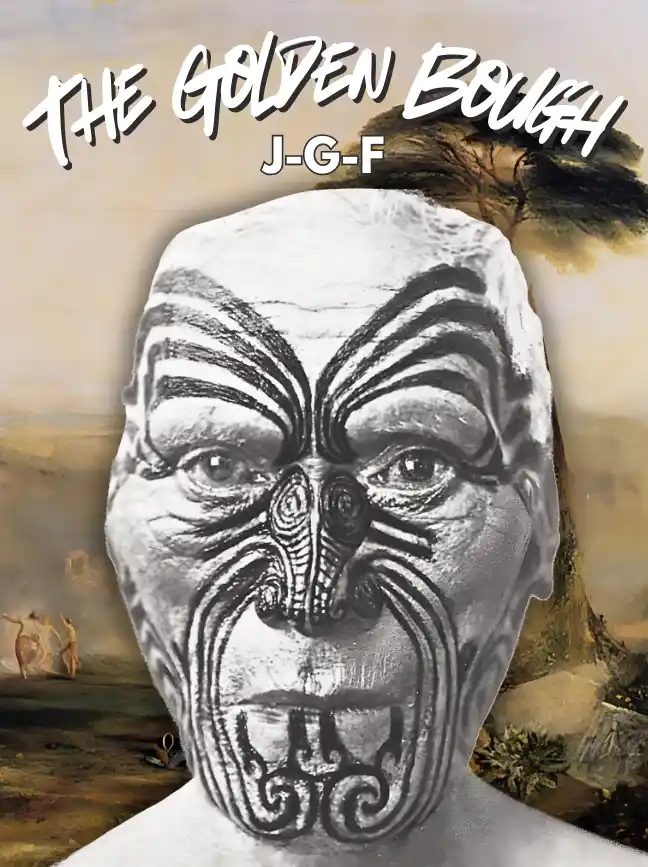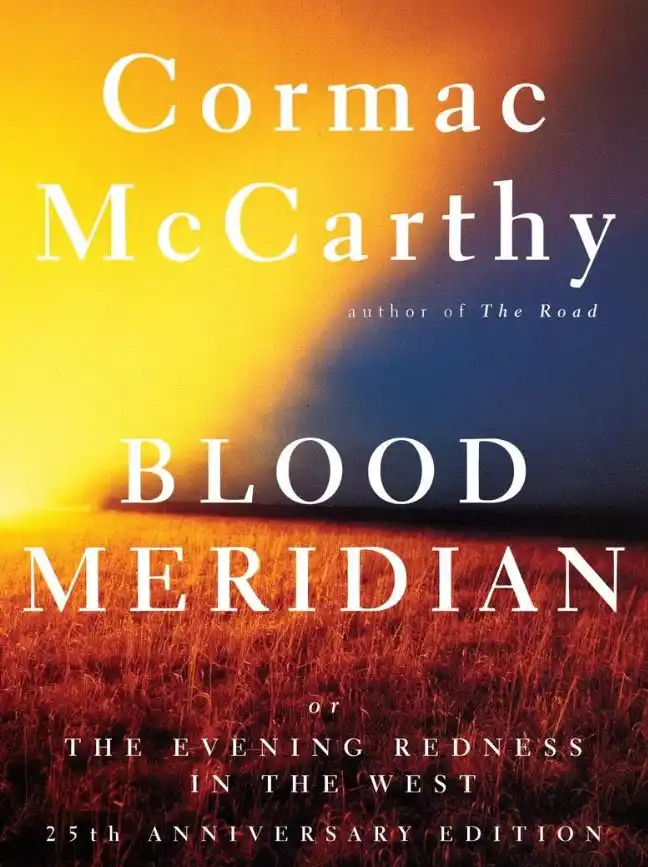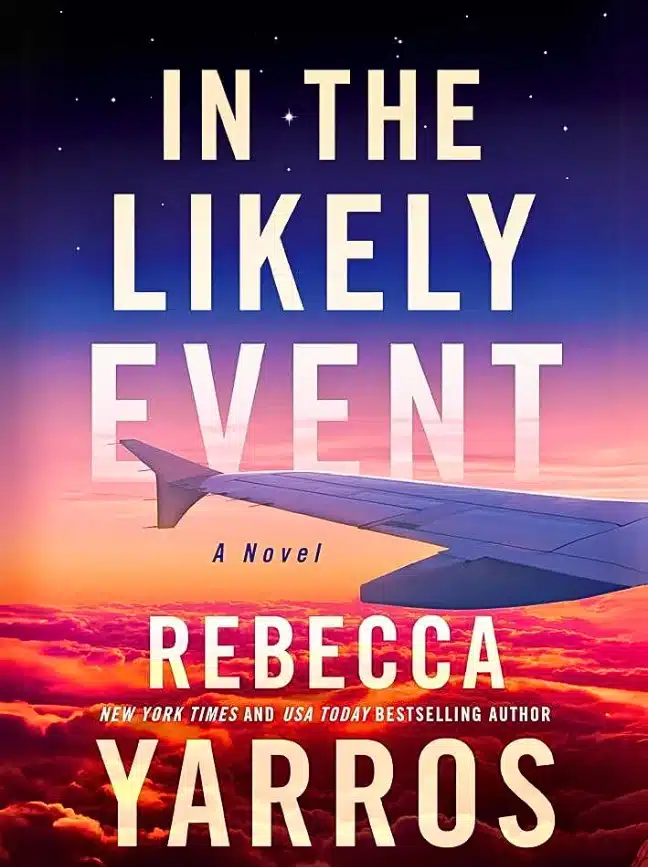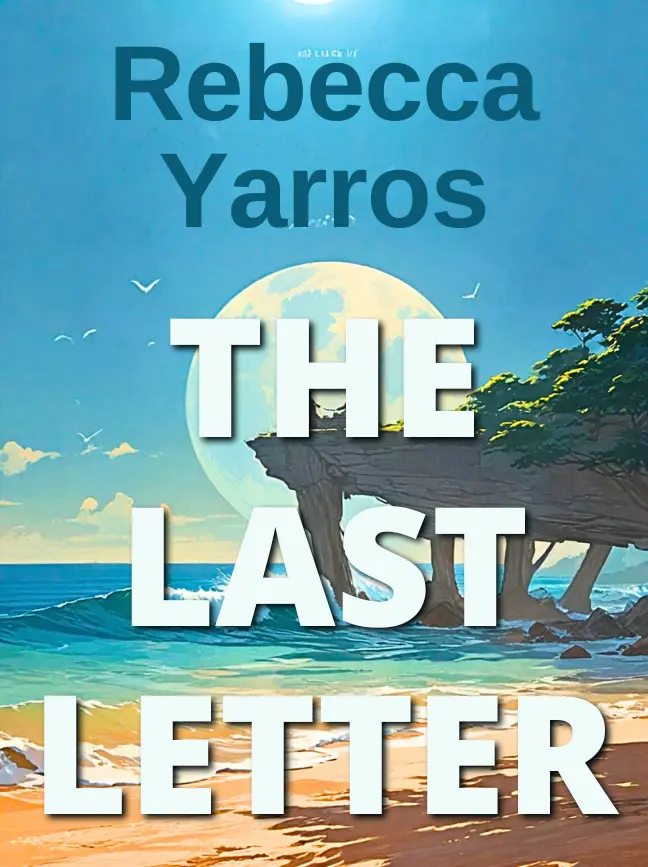SELECT BIBLIOGRAPHY
1. THE EDITIONS OF THE GOLDEN BOUGH First edition, 2 vols. (London: Macmillan, 1890).
Second edition, 3 vols. (London: Macmillan, 1900).
Third edition, 12 vols. (London: Macmillan, 1906–15). To this a
supplement, Aftermath, was added in 1936.
Abridged edition, 1 vol. (London: Macmillan, 1922). This is thought to
have been compiled largely by Lady Frazer with Frazer’s assistance (see
Note on the Text above).
2. OTHER WORKS BY FRAZER
For details of his massive output, see ‘A Chronology’ below. An
appreciation of the matrix of ideas from which The Golden Bough
emerged is much enhanced by a reading of, especially, Folk-lore in the
Old Testament (for Frazer’s growing immersion, from 1905 on, in
Biblical scholarship); The Belief in Immortality and the Worship of the
Dead (for his growing conviction from about 1911 of the strength of the
Euhemerist theory and the importance for early civilizations of the
placation of the dead); and Psyche’s Task (on the historical and social
advantages of superstition).
3. BIOGRAPHICAL
ACKERMAN, ROBERT, J. G. Frazer: His Life and Work (Cambridge:
Cambridge University Press, 1987).
DOWNIE, ROBERT ANGUS, James George Frazer: The Portrait of a Scholar
(London: Watts & Co, 1940).
—— Frazer and The Golden Bough (London: Gollancz, 1970).
4. THE BACKGROUND
ACKERMAN, ROBERT, ‘Frazer on Myth and Ritual’, Journal of the History of
Ideas, 36 (1975), 115–34.
EVANS-PRITCHARD, E. E., Social Anthropology (New York: The Free Press,
1951).
—— Theories of Primitive Religion (Oxford; Oxford University Press,
1965).
—— A History of Anthropological Thought, ed. André Singer (London:
Faber, 1981), esp. pp. 132–52.
FRASER, ROBERT, The Making of the Golden Bough; The Origins and
Growth of an Argument (London: Macmillan, 1990).
HARRIS, MARVIN, The Rise of Anthropological Theory (New York: Crowell,
1968).
HYMAN, STANLEY EDWARD, The Tangled Bank: Darwin, Marx, Frazer and
Freud as Imaginative Writers (New York: Atheneum, 1962).
Kirk, G. S., Myth: Its Meaning and Function in Ancient and Other Cultures
(Cambridge; Cambridge University Press; and Berkeley, Calif.:
University of California Press, 1970).
LOWEI, ROBERT H., The History of Ethnological Theory (New York:
Rhinehart, 1937).
STOCKING, GEORGE W., Race, Culture and Evolution (New York: The Free
Press, 1968).
—— Functionalism Historicized: Essays in British Social Anthropology,
History of Anthropology, no. 2 (Wisconsin: University of Wisconsin
Press, 1984).
—— Victorian Anthropology (New York: The Free Press, 1987).
5. ASSESSMENTS Beginning with the seminal and trenchant comments of Wittgenstein,
Frazer’s work has provoked violent reactions, for and against. The
following is a fair selection of both: BENEDICT, RUTH, ‘Anthropology and the Humanities’, American
Anthropologist, 50: 4, Part 1 (Oct.–Dec. 1948), 585–93.
DOUGLAS, MARY, ‘Judgements on James Frazer’, Daedalus, 107 (Fall,
1978), 151–64.
JARVIE, I. C, The Revolution in Anthropology (London: Routledge & Regan
Paul, 1964).
—— ‘Academic Fashions and Grandfather-Killing—In Defence of Frazer’,
Encounter, 26 (Apr. 1966), 53–5.
—— ‘The Problem of the Rationality of Magic’, British Journal of
Sociology, 18 (Mar. 1967), 55–74.
LEACH, EDMUND, ‘Golden Bough or Gilded Twig?’, Daedalus, 90 (1961),
371–99.
—— ‘On the Founding Fathers: Frazer and Malinowski’, Encounter, 25
(1965), 24–36; repr. in Current Anthropology, 1 (1966), 560–7.
MACCORMACK, SABINE, ‘Magic and the Human Mind: A Reconsideration of
Frazer’s The Golden Bough’, Arethusa, 17 (Fall, 1984), 151–76.
WITTGENSTEIN, LUDWIG Remarks on Frazer’s ‘The Golden Bough’, ed.
Rush Rhees (Refford, Notts.: Brynmill Press, 1979).
6. THE INFLUENCE Frazer has influenced writers, composers, classicists, painters, and even the
occasional anthropologist. Much work remains to be done on this facet of
his achievement but the following will give some indication of the
spread: ACKERMAN, ROBERT, The Myth and Ritual School: F. G. Frazer and the
Cambridge Ritualists (New York: Garland, 1991).
BEARD, MARY, ‘Frazer, Leach, and Virgil: The Popularity (and
Unpopularity) of The Golden Bough’, Comparative Studies in Society
and History (Cambridge University Press), 34: 2 (Apr. 1992), 203–24.
FRASER, ROBERT (ed.), Sir James Frazer and the Literary Imagination;
Essays in Affinity and Influence (London: Macmillan, 1990); contains
essays on Yeats, Eliot, Wyndham Lewis, Lawrence, and modern British
fiction.
HODGART, MATTHEW, ‘In the Shade of the Golden Bough’, Twentieth
Century, 157 (1955), 111–19.
TRILLING, LIONEL, ‘On the Teaching of Modern Literature’, in Beyond
Culture (New York: Viking, 1965), 15–18.
VICKERY, JOHN, The Literary Impact of the Golden Bough (Princeton, NJ:
Princeton University Press, 1973).





